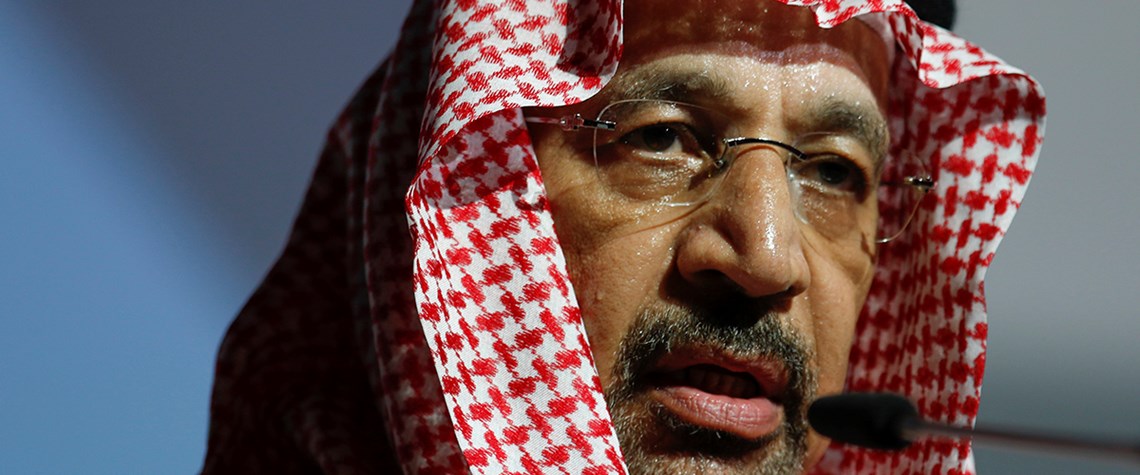Opec: The rollover
The cuts were extended—but with a built-in escape hatch and implicit threat to other producers
Khalid al-Falih, Saudi Arabia's oil minister, appeared relaxed. A long day of meetings was over and, taking the microphone at the press conference in Vienna on 30 November, he seemed keen to reassert the kingdom's command of the oil market. Saudi Arabia got what it came for in the Austrian capital at the end of November. But Russia's influence was plain. Opec agreed a nine-month extension to the cuts that would otherwise have expired in Q2 2018. It forced Libya and Nigeria to accept a cap on output. The revised deal starts from 1 January 2018 but keeps the cuts, spread across the group and its non-Opec partners, at 1.8m barrels a day. It secures Moscow's cooperation again, dispelling for ano

Also in this section
27 February 2026
The assumption that oil markets will re-route and work around sanctions is being tested, and it is the physical infrastructure that is acting as the constraint
27 February 2026
The 25th WPC Energy Congress to take place in tandem as part of a coordinated week of high-level ministerial, institutional and industry engagements
26 February 2026
OPEC, upstream investors and refiners all face strategic shifts now the Asian behemoth is no longer the main engine of global oil demand growth
25 February 2026
Tech giants rather than oil majors could soon upend hydrocarbon markets, starting with North America







